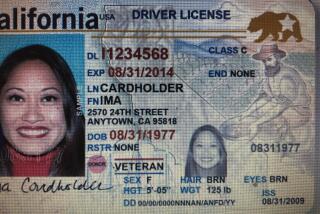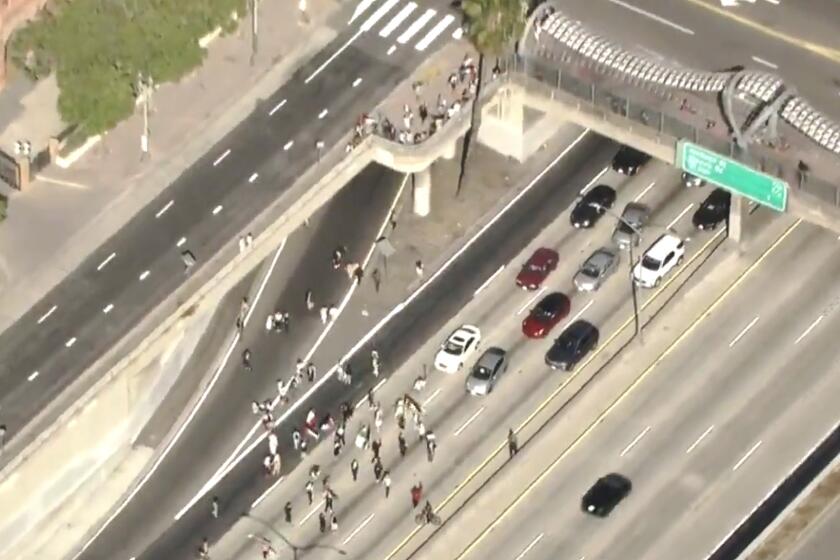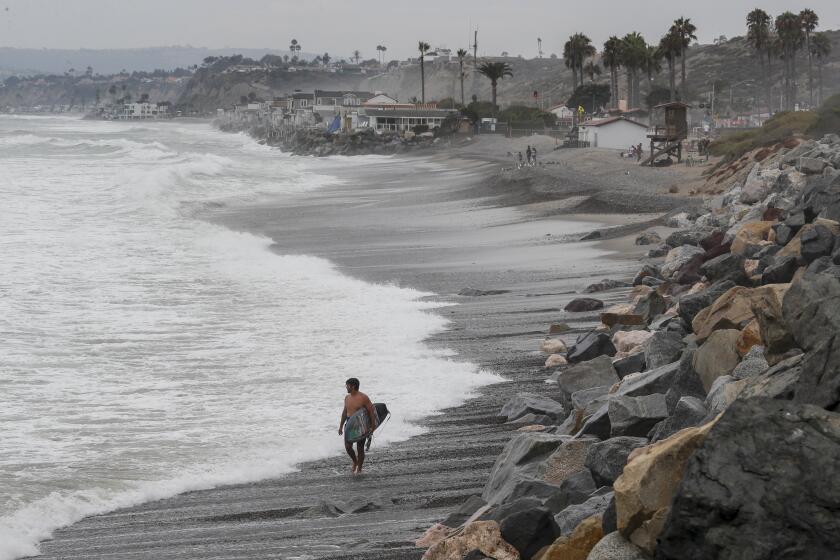PACOIMA : Spanish Course Finished by 42 Police Officers
They might not be fluent, but 42 officers from the Los Angeles Police Department’s Foothill Division can now respond to questions, concerns and eyewitness accounts in Spanish with more than the “no hablo espanol” they used to use.
The officers will be honored by the Police Department tonight for completing a 30-week pilot program teaching conversational Spanish through intensive weekly classes and homework assignments.
The voluntary, free Spanish courses began last summer as part of an effort to ease tensions and improve communication between the police and the community after the Rodney G. King beating by the Foothill Division in 1991 sparked cries of police insensitivity toward the community.
Deputy Chief Mark Kroeker, the Valley’s top police official, formed the Spanish Language Outreach Committee of civilians and officers shortly after the beating. The committee determined that teaching police officers to speak Spanish could improve community relations markedly in the Valley, where the population of Latinos has increased 108% to nearly 400,000 in the last decade, according to 1990 census figures.
Lt. Richard Meraz of the Foothill Division said the lessons are a necessary part of the division’s work in the community.
“The whole business of community-based and problem-solving policing is for us to become partners with the community,” Meraz said. “It makes us more efficient if we can speak Spanish.”
Corporate donors provided funding for the $57,000 pilot program. Nearly half of the Foothill Division’s 245 officers signed up for the program, but only 42 completed it. The department hopes to expand the program, but now lacks the funding to do so.
Officer Richard Burrow, who has worked at the Foothill Division for 22 years, said learning Spanish was not an apology for the Rodney King beating, but a necessity.
“Where do you go in this area that you don’t run into Spanish-speaking people?” he said.
Burrow said he uses his Spanish nearly every day that he works, but that it is especially helpful when he comes across a crime or accident scene where the only eyewitness does not speak English.
“One time a guy in the car next to us was trying to tell us that someone inside a bar had a gun,” he said. “I wouldn’t have understood that without the Spanish.”
More to Read
Start your day right
Sign up for Essential California for news, features and recommendations from the L.A. Times and beyond in your inbox six days a week.
You may occasionally receive promotional content from the Los Angeles Times.






